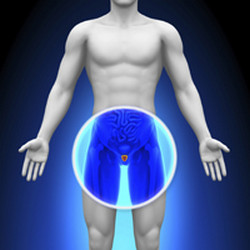Training young cancer scientists
The project 'Prostate research organizations-network of early stage training' (PRO-NEST) provided 4 years of training to 20 early-stage prostate cancer scientists and 4 experienced researchers. PRO-NEST attracted 17 of Europe's leading academic and industry leaders from 9 countries to act as supervisors. The collaboration stimulated a cross-fertilisation of ideas across different languages and environments. In addition, five associated partners from the public and private sectors supported the network. This included Europa Uomo, the European coalition of patient support groups for prostate cancer. PRO-NEST's training programme consisted of individual research on topics ranging from molecular events responsible for the initiation and progression of the disease to the development of novel biomarkers and therapeutic agents. The training was supplemented with four network courses and two workshops on complementary skills, including leadership and entrepreneurship, job application and grant writing skills. Project activities ended with an international symposium as part of the 20th Annual Meeting of the European Association of Urology Section of Urological Research. This took place in Strasbourg, France. PRO-NEST fellows presented their research to an impressive international audience. The research programme has generated many new leads for future research, including novel genes and proteins that are potential diagnostic or prognostic markers. Research pursued over the course of the project has been published in more than 25 peer-reviewed journals. The success of the project has also been recognised by the European Commission, and an article about PRO-NEST appeared on the DG Research and Innovation web page. For the future, the hope is that PRO-NEST fellows will continue to contribute to the field, improving diagnosis, prognosis, treatment and prevention of prostate cancer.



